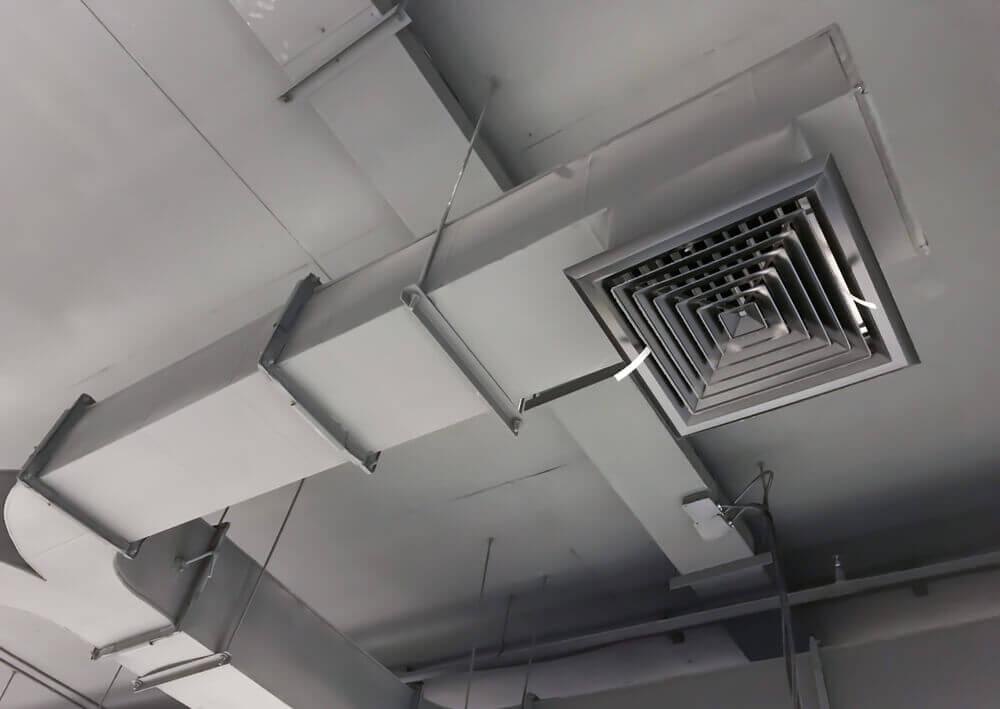Commercial building owners often wonder if having the HVAC ducts cleaned can improve energy efficiency and lower utility bills. Consequently, many property managers consider duct cleaning as a potential measure to cut operating costs. However, However, the answer to whether duct cleaning actually helps reduce energy waste is complex.
Does Dirt Impact Efficiency?
First, dirt and dust buildup in ductwork can impede airflow and lower the efficiency of heating and cooling systems. Therefore, dirty ducts may cause HVAC units to work harder to deliver the proper temperature, wasting energy and increasing utility costs. Consequently, removing dirt and dust through duct cleaning could potentially restore proper airflow and improve HVAC performance.
However, the amount of dirt buildup required to significantly impact efficiency varies. Minor accumulation of dust and debris within standard limits may have minimal effects. Extremely dirty ducts with substantial blockage likely pose the greatest risk of energy waste.
Regular Maintenance Helps
Additionally, regular preventative maintenance on HVAC systems to check for airflow issues, filter changes, and component inspections can catch minor problems before they worsen. This simple maintenance may keep dirt buildup within levels that do not notably impact efficiency. As such, duct cleaning may provide little added benefit for energy savings in well-maintained HVAC systems.
Proper Design Matters More
Furthermore, from an energy efficiency standpoint, the design and installation of ductwork in commercial buildings greatly influences performance more than accumulated dust. Poorly insulated, leaky, or improperly sized ducts cause the majority of energy waste related to HVAC systems.
Therefore, duct cleaning only addresses one small factor while design flaws, equipment age, and component deterioration likely have a greater impact on inefficient energy use. Retrofitting or replacing outdated HVAC systems generally provides more significant and lasting energy savings.
When Duct Cleaning May Help
However, in some scenarios duct cleaning can positively affect energy efficiency:
- For poorly maintained HVAC systems with heavy dirt buildup that noticeably restricts airflow
- Following water damage, fire, or flood events that contaminated ductwork
- Prior to installing new high-efficiency HVAC equipment
- If existing ducts are approaching the end of their usable life expectancy
- For commercial buildings with constant dust and particulate issues
In summary, while duct cleaning has the potential to improve HVAC system performance and reduce energy waste in commercial buildings, other factors usually play a larger role in HVAC efficiency. Regular maintenance, proper design, and upgrading outdated systems provide greater savings opportunities. Therefore, property managers should evaluate their specific HVAC situation to determine if duct cleaning makes financial sense, or if other measures offer more viable routes to reducing operating costs through lower energy consumption.

